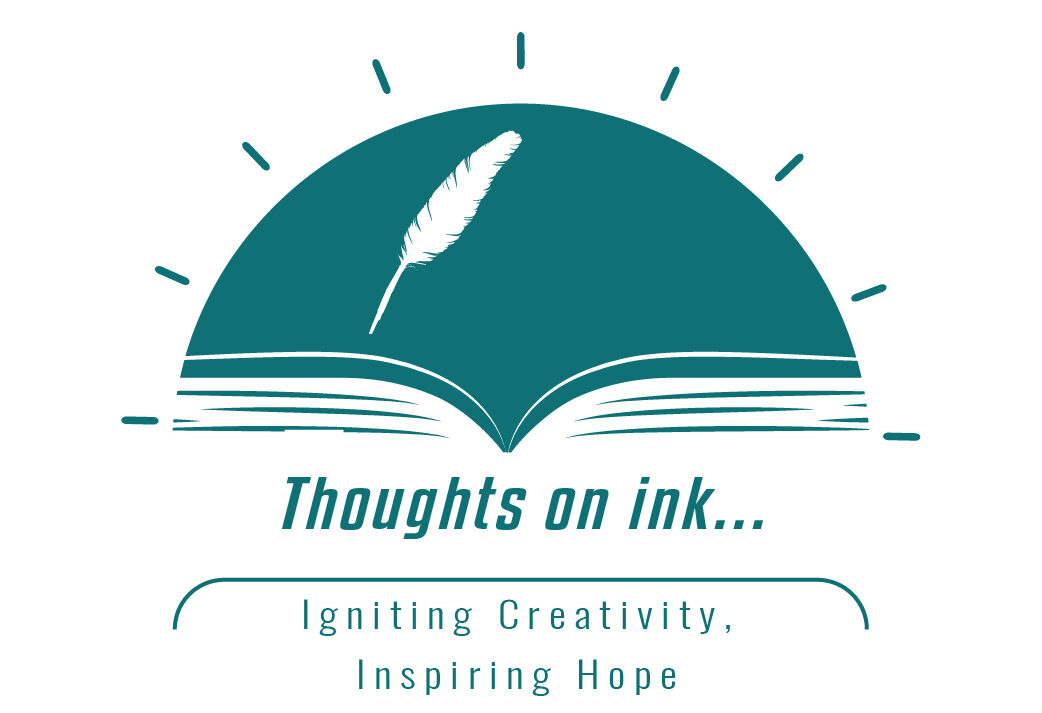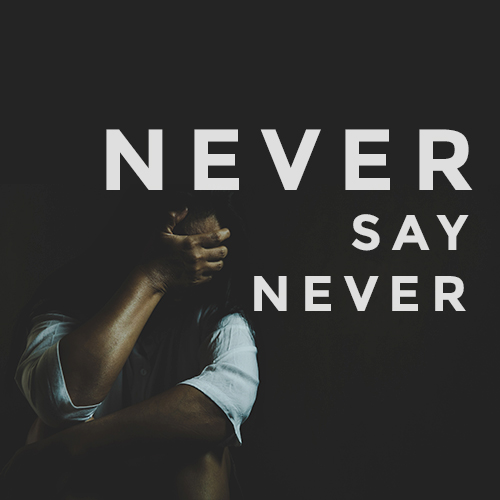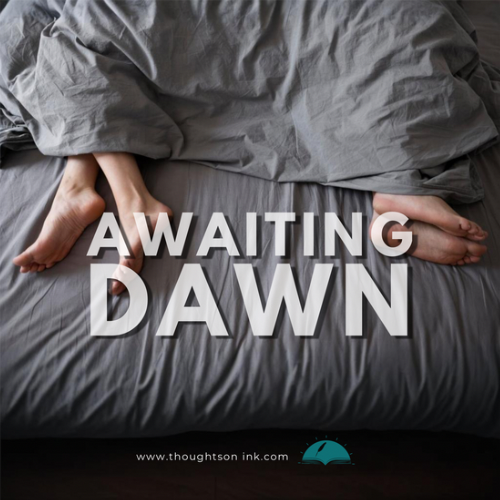On today’s article, I feel honoured to celebrate this great human. With thousands of hymns to her name, I am positive that you may have come across at least a few of them.
Most of her popular hymns include “Blessed Assurance”, “To God be the Glory”, “Pass Me Not, O Gentle Saviour”, and a host of others that have remained evergreen to this day.
Fanny Crosby, born in Southeast, Putha County, New York on March 24, 1820, was a mission worker, poet, lyricist, and composer and all the proof you need that there is ability even in one’s disability.
Fanny lost her sight when she was just six weeks old, from the prescription of a quack doctor for her eye infection. Her optic nerves were damaged, and the procedure left her permanently blind.
This did not deter Fanny in any way, and she grew up a happy child, raised by her mother and maternal grandmother, rooted in Christian principles. Taxing her other senses, she learned to live a normal life, often referring to her blindness as a “gift from God.”
In 1858, Fanny got married to a fellow visually impaired musician and composer, Alexander Van Alstyne, whom she met at the New York Institution for the Blind where she was a teacher.
One would hope for a happily ever after from here on, but sadly, that wasn’t the case. The marriage produced a daughter, Frances who died at infancy. It was this event that led to the release of the popular hymn “Safe in the arms of Jesus.” Her husband later died in 1902.

There is a story told of a preacher who sympathetically told her, “I think it is a pity that the Master blessed you with so many gifts but not that of your sight”. To this, Fanny replied, “Do you know if I had been able to petition at birth, it will be that I was born blind?”
Expectedly, this shocked the preacher, and when he asked why, her answer was quite simple. “The first face I want to gladden my sight on getting to heaven should be that of my Saviour.”
She died on February 12th, 1915 after a six-month illness of arteriosclerosis and cerebral hemorrhage at the ripe old age of 94.
One thing I know for sure is that her existence was a blessing. Well admired and never forgotten, Fanny left hymns that never cease to speak healing and life to generations long after she left. And I think that for me, is the greatest legacy to leave behind.
The lesson I hope you will garner from Fanny’s story is that you can have a will as long as there is life. As long as there is a will, there can be a way. I want you to wipe those tears of frustration and get back up to chase those dreams and stamp your print on the sands of time.
Finally, if Fanny did not let her disability stop her in any way, shape, or form, then you should not let yours. Go rule your world and leave a lasting impact!
To comment on this, kindly input “admin” as the username and password if a prompt requests for this. This shows for first-time comments only.
Love,
Diane.



